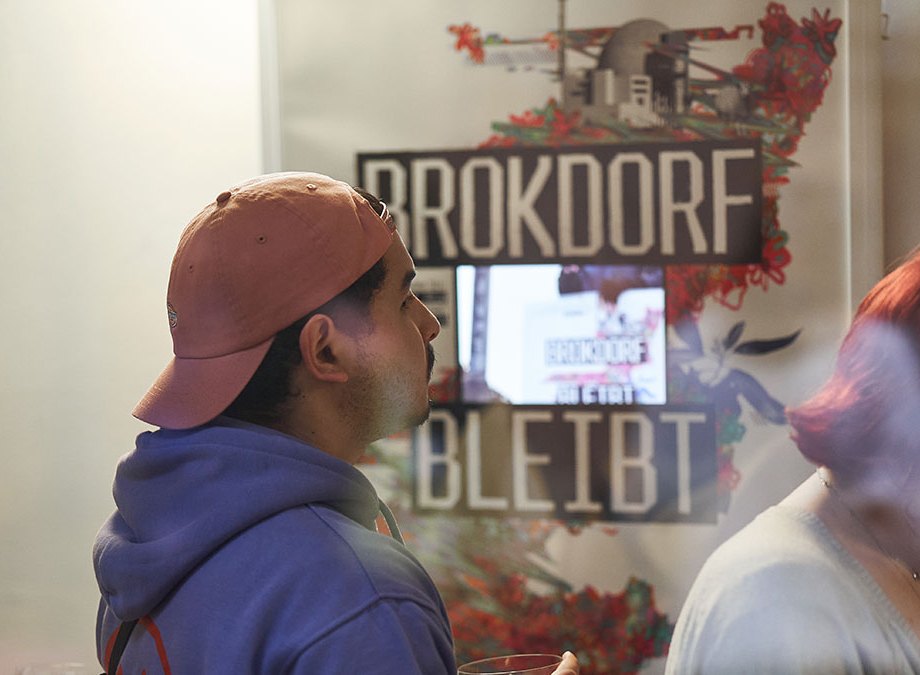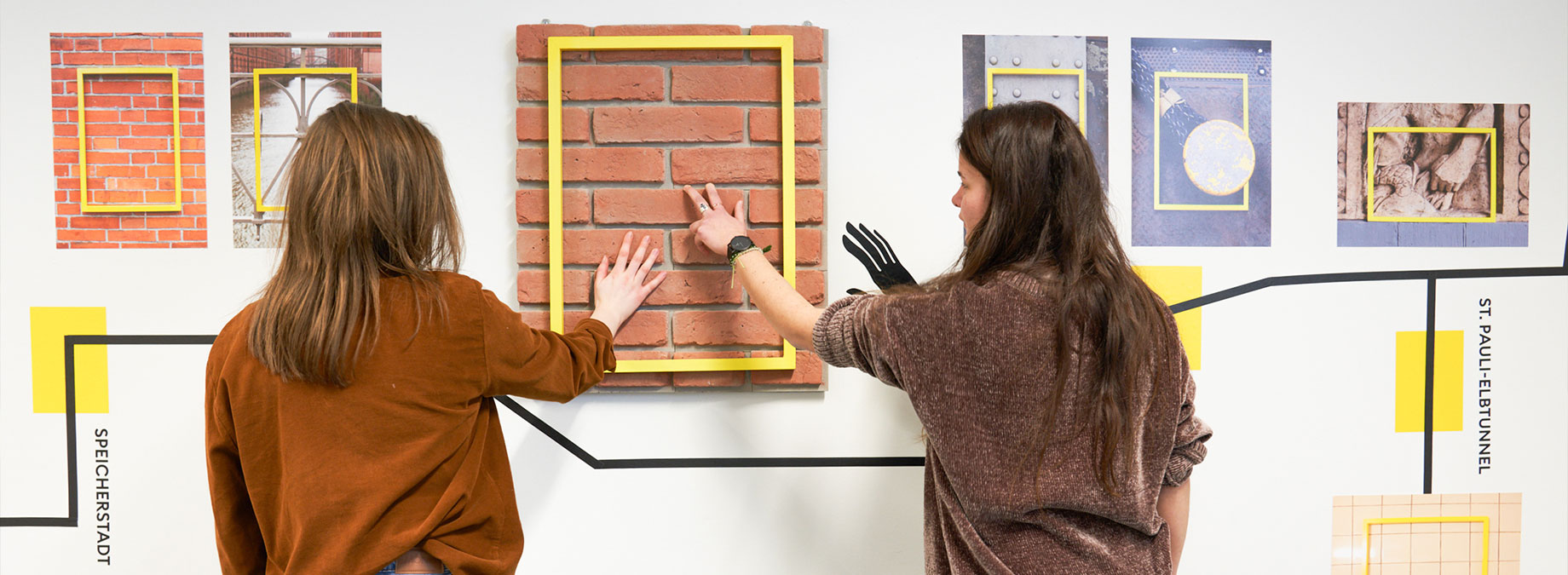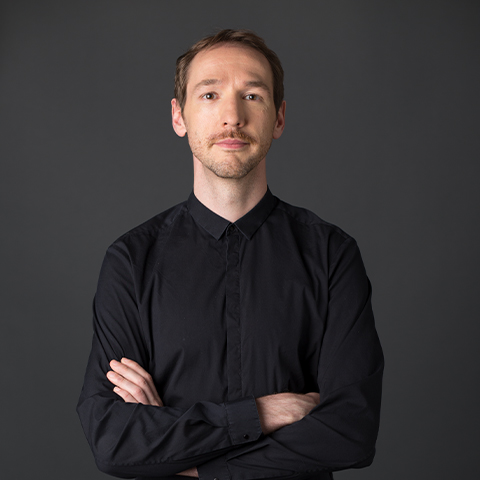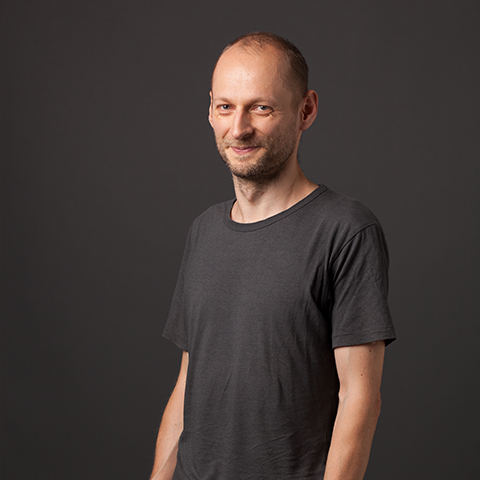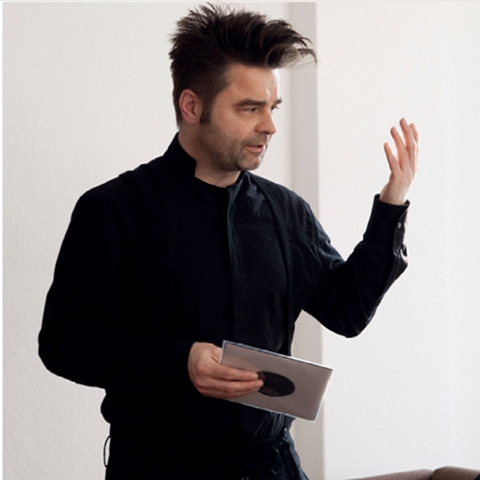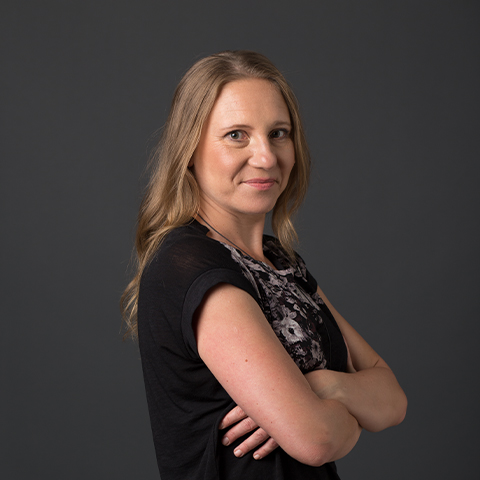Institute for Design Research (IF)
The IF was founded in 2014 within the Department of Art & Design at the UE.
Institute for Design Research
The Institute for Design Research (IF) is tasked with initiating and accompanying projects in design research. It advocates for an open concept of design, understanding it as a comprehensive process of creation that can manifest in various media, such as textual, visual, auditory, installative, multi- and transmedial, and interactively playful.
This also pertains to the concept of research. The IF also advocates for an open concept of research. Research is understood as a movement of seeking and questioning, which, in turn, manifests in different media and methodologically diverse approaches.
There is no distinction made between a thinking practice and a material-bound thinking. These are considered as equal but not identical, so that scientifically reflexive approaches, experimental design, and artistically questioning projects equally emerge in the funding landscape of the IF. The questions "Who is researching?", "How is research conducted here?", and "What is the question?" are posed by the IF to every project.
Research Focus Areas
Format Development
New formats emerge wherever new design or reception tools become available through technological advancement, prompting designers to intuitively and systematically explore the resulting demands, possibilities, and limitations. Research projects at UE combine and transform existing audiovisual media to develop and analyze new hybrid formats with their own communication, interaction, and narrative potential.
Design and Knowledge
This research focus area addresses the epistemic prerequisites, implications, and consequences of design practices. It is crucial to understand design, in its various methods and media, as an independent knowledge culture. At UE, design knowledge can establish itself simultaneously as the subject of research alongside the knowledge in design. Both perspectives offer interdisciplinary approaches and can appear in fundamental research or application contexts. Their exploration encompasses the construction of models and theories as well as the creation of case studies or the production of artistic-design artifacts. The didactic-rhetorical aspects of knowledge transfer can also become thematic here.
Interactive Systems
Interactive systems facilitate information and data exchange between humans and technical systems through interaction interfaces, whose design possibilities are rapidly expanding. Experience-based and aesthetic aspects play a determining role in the design of interactive systems today. In the research focus area of Interactive Systems, these aspects are particularly investigated with respect to interaction “Beyond the Desktop,” where new innovative interaction technologies require new design concepts in terms of interface design. Interaction approaches such as tangible interaction, game-based interaction concepts, and 3D interaction form the focal points here. The methodological backbone consists of empirical research methods and user-centered approaches (e.g., User-Centered Design), which involve users of interactive systems more intensively in research, evaluation, and creation phases.
Media Spaces
The research focus of media spaces addresses the spatial projection of content from various sources, connecting thematically and technically to areas such as mixed and virtual reality, ubiquitous computing, and urban media. The research domain includes the analysis and creation of real, virtual, hybrid, and abstract spaces; digital and analog strategies for spatial communication, interaction, information, or narration; as well as spatial-media art. The research examines the design degrees of freedom for a new spatial experience and understanding, especially the overlay or targeted distortion of real and virtual spaces, working with physical, virtual, and hybrid objects, and the development of new geometries and spatial dynamics.
Narrative Media
The research focus of narrative media examines narrative methods, structures, and reception across media and genres. Narration is understood as a process of meaning production that encompasses both fictional aspects like video games, staged photography, or creative writing, and factual aspects like information graphics or communication design. This meaning production can be visually and/or acoustically organized (textual or pictorial narration, narrative control through sounds) and involves the different senses of reception. UE combines theory-oriented and applied narrative research, bringing together interdisciplinary approaches and the involved departments to develop overarching description options for narrative media and an expanded notion of narrative.
Prof. Dr. phil. habil. Stephan Günzel, Programme Director of New Media Design at the UE, Campus Berlin. Visit us to know more!
More infoProf Dr Till Julian Huss is Professor of Art and Media Theory at the University of Europe for Applied Sciences.
More infoLearn more about Prof. Csongor Baranyai, Programme Director Game Design at our Campus Berlin of the University of Europe for Applied Sciences.
More infoProf. Dr. phil. habil. Martin Thiering teaches at the Faculty of Art and Design at the University of Europe for Applied Sciences. Read more.
More infoGet to know our Research Associate at the University of Europe for Applied Sciences, Berlin. Read more about Tihana Romanic.
More info